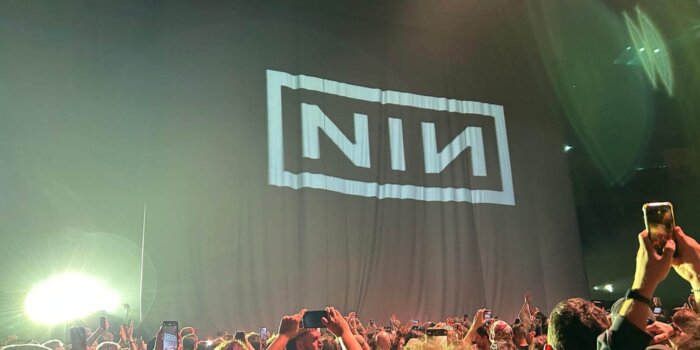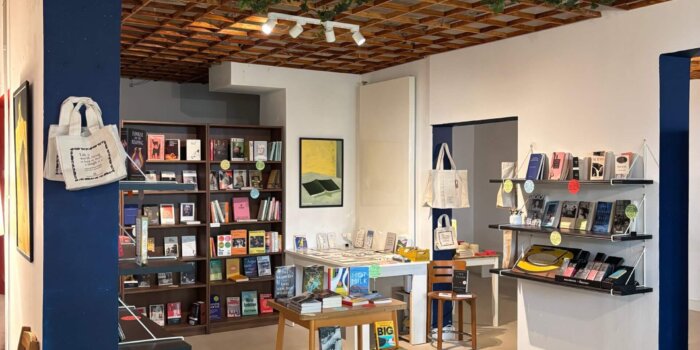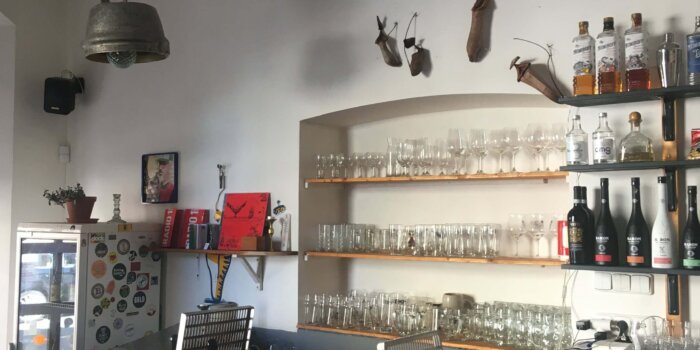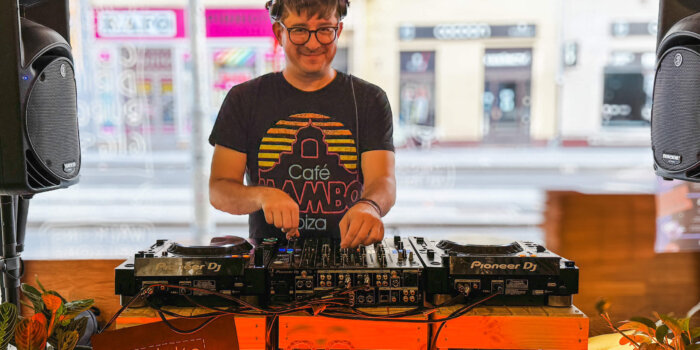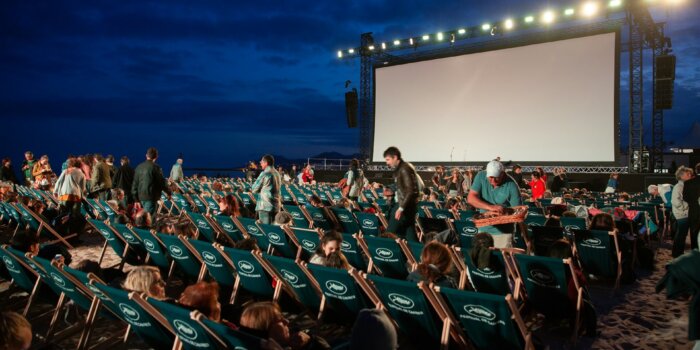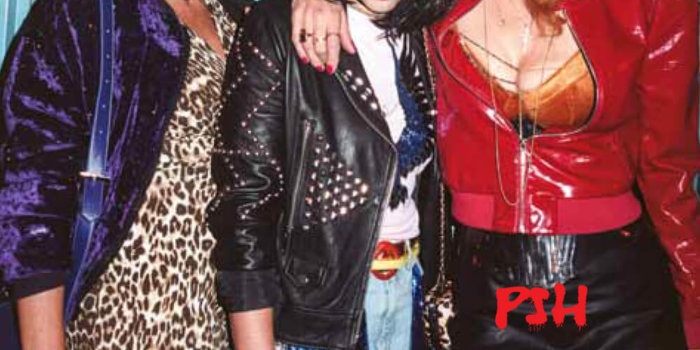Interview: Derek Guy. From hip hop clothing to classic menswear

Derek Guy is a mens fashion writer whose fame rose thanks to social media: he grew from 50k to over 1 million followers on Twitter in 2022, with a focus on men’s clothing and informative threads. He was was born in Vancouver to Vietnamese refugee parents who fled Saigon in the 1960s. Now he has a million followers and writes for The Washington Post, Esquire, and other media.
From the club to the tweed jacket
How did you get into writing about fashion?
First it was through subcultures. I went to clubs, it was about streetwear look at the time, the kind of subcultural esthetic is called Lo Heads, which was a street wear scene that revolved around Polo Ralph Lauren. And then so I developed an interest in Ralph Lauren, and started going to the stores. And then through Ralph Lauren I discovered classic clothing which opened the doors for me to learn about, like, chambray shirts, Oxford button downs, tweed jackets. And I essentially went and found all of the originals, all the companies that originally made those things. Later I started discovering online blogs and forums, started participating and have been into this ever since.
What type of music that were you listening to at the time you started?
First, it was hip hop so I was listening to a lot of Hobo Junction, Freestyle Fellowship, A Tribe Called Quest.
Did you try to get educated about fashion then?
It was only later, throughout time that I started to dig more into it. And there were some authors that I read. I read a lot of Bruce Boyer. But I really mainly read a lot of blogs, forums and things like that.
Did you at that time think that you will one day have a lot of influence and such readership?
Absolutely not. The fact that my blog’s name is Die Workwear is because it was just a joke between a friend of mine and I really liked workwear, it was just a total inside joke between friends. I didn’t think anyone would ever see my blog, so I spent like two seconds naming it.
The algorithm that spawned a million readers
I remember reading that your popularity surged due to some changes in Twitter’s algorithm. Can you explain that?
Yes, I joined Twitter in 2011, and by the end of 2022, I had around 50,000 followers. But then, in the last two months of 2022, my following doubled to 100,000, and by the start of 2023, it had grown to over a million. This happened because I started writing more informative threads, like one on how to buy a cashmere sweater or how much it costs to make a dress shirt in the U.S. These threads gained traction just as Elon Musk introduced a new algorithm that amplified my content further.

You’ve contributed to various magazines. What do they usually ask you to write about?
I’ve been a freelance writer since 2011, so I’ve always been getting writing gigs. But since my Twitter following grew, I’ve received more offers. Editors often pitch story ideas to me—sometimes I accept, sometimes I decline if it doesn’t align with what I write about.
I see clothing as a form of sociological expression rather than something with rigid rules.
You have an Asian heritage, has this influenced your work?
My Asian background doesn’t directly influence my writing, but it did shape my initial interest in clothing. When I was into hip-hop and going to clubs, most people around me were Black, Latino, or Asian. I first encountered Ralph Lauren through a lens of music and street culture, which was very different from the brand’s typical preppy, white image. This experience led me to see clothing as a form of sociological expression rather than something with rigid rules. So, while my heritage doesn’t show up explicitly in my writing, it does influence how I approach clothing and culture.
Watch the language
What do you think makes a timeless outfit?
I often say that clothes are like a social language. Just as languages have grammatical rules, different fashion aesthetics have their own rules. To create a good outfit, you need to understand the „language“ of the style you’re interested in—be it punk, preppy, or something else—and then express yourself within those rules. It’s not about following strict formulas but about understanding the cultural context and expressing yourself creatively within it.
Look at costume designers; they use clothing to convey a character’s story—time period, social class, personality—before they even speak. Similarly, when you put together an outfit, you’re communicating something about yourself, even if it’s not as explicit as in a movie. By understanding the themes and cultural context of how outfits are put together, you can create a look that coherently expresses what you want to say.
You can survive on boiled potatoes, but it’s also nice to enjoy tastier food.
What do you say to people who think that paying attention to clothes is unimportant?
I don’t think anyone has to pay attention to clothes. To me, it’s just a fun thing, like cooking. You can survive on boiled potatoes, but it’s also nice to enjoy tastier food. I’m just offering ways to make your sartorial “meal” a bit more flavorful.
Do you get many requests from companies to advertise on your website?
Yes, I do, but I’m selective. I don’t want someone to discover a company through my site and then be disappointed with their purchase. So, I make sure to only promote companies I genuinely believe in.
Finally, what are your plans for the coming months?
I’m just continuing to write for various publications. Nothing more than that for now.
You can follow Derek Guy on X.



